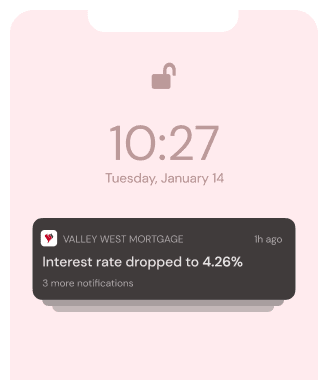FHA Denying Support for DACA Mortgage Borrowers
What is DACA
Deferred Action for Childhood Arrivals (Dreamers)
An American immigration policy that allows some individuals with "unlawful" presence in the United States after being brought to the country as children receive a renewable 2 year period of deferred action from deportation and become eligible for a work permit in the U.S.
What is FHA
The Federal Housing Administration (FHA) is the largest mortgage insurer in the world with an active insurance portfolio of over $1.3 trillion. Each year, FHA helps more than a million homebuyers achieve the dream of sustainable, affordable homeownership of single family homes, while our insurance programs for multifamily properties support the availability of over 300,000 affordable rental units, including those for seniors and people with disabilities. FHA's healthcare insurance programs facilitate access to hospital medical care and assisted living in hundreds of communities across the country.
Who is Fannie Mae
Leading source of financing for mortgage lenders, providing access to affordable mortgage financing in all markets at all times. Our financing makes sustainable homeownership and workforce rental housing a reality for millions of Americans.
How are these all connected?
According to the FHA they are not going to be backing mortgages for DACA recipients, however Fannie Mae has stated that it supports (and will support) mortgages for DACA recipients.
“We have a longstanding policy on eligibility for non-U.S. citizen borrowers. Fannie Mae purchases and secures mortgages to non-citizens who are lawful permanent or non-permanent residents of the United States under the same terms available to U.S. citizens,” the government-sponsored enterprise said in a lender bulletin posted on Friday.
Fannie Mae said that it is not changing its existing policies. Rather, the purpose of issuing the bulletin was to provide “additional guidance to help lenders determine eligibility for non-U.S. citizen borrowers” in response to customer feedback on the issue.
Resources:
www.housingwire.com
www.ilrc.org/daca
www.wikipedia.com
www.nbcnews.com




